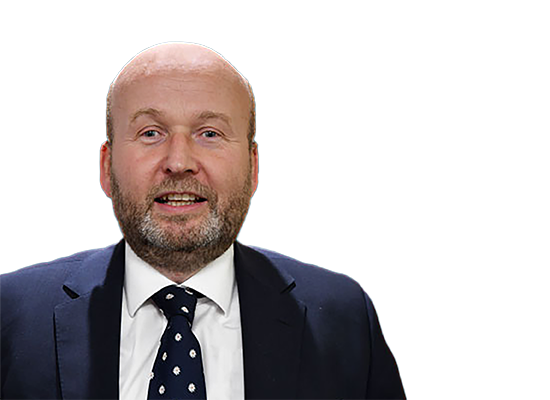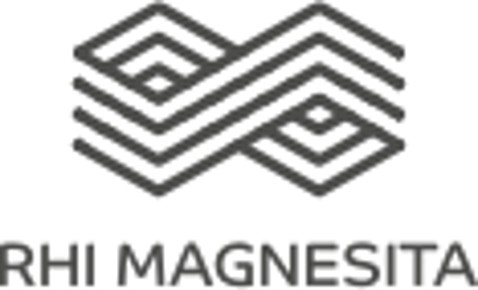Who we are
Euromines is the recognised representative of the European metals and minerals mining industry. Our main objective is to promote the responsible industry practices and reflect the adequate consideration of mining in EU policy making.
Euromines serves as a cooperative network where the Secretariat and Members evaluate the impact of European and International policies and legislations on the industry and define common positions and actions.
Euromines: represents large and small companies and subsidiaries in Europe and in other parts of the world:
federations
members
members
Mission and objectives
Promote a sustainable and prosperous European mining industry through operational excellence.
Serve as a network for cooperation and for the exchange of best practices.
Foster contacts with the mining community.
Executive Committee











The team













